DPP's Story Highlights
1990-2006
Vision, Establishment, and Growth
Early leaders launch measures to bring attention to early childhood education and build support for public funding. A sales tax was eventually passed in 2006.
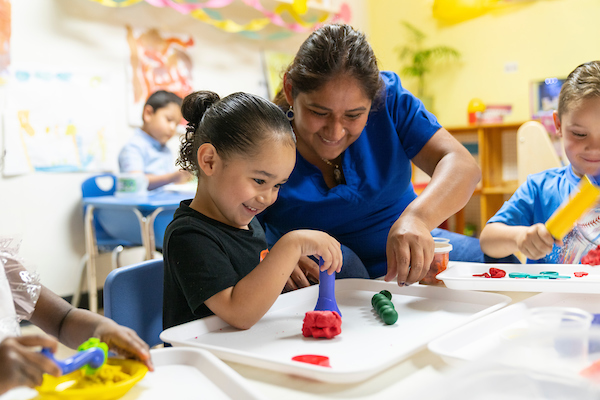
2006-2016
Program Structure, Governance, and Operations
Denver Preschool Program is established as an independent nonprofit and works to create the right infrastructure to support successful programs like tuition credits, quality improvement, and community outreach.
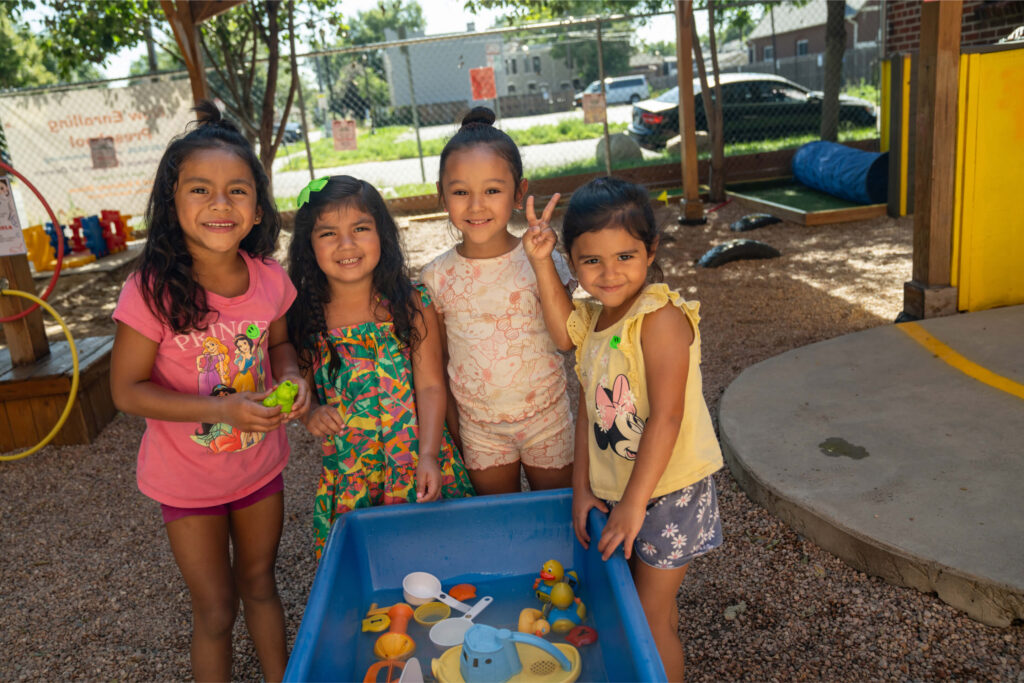
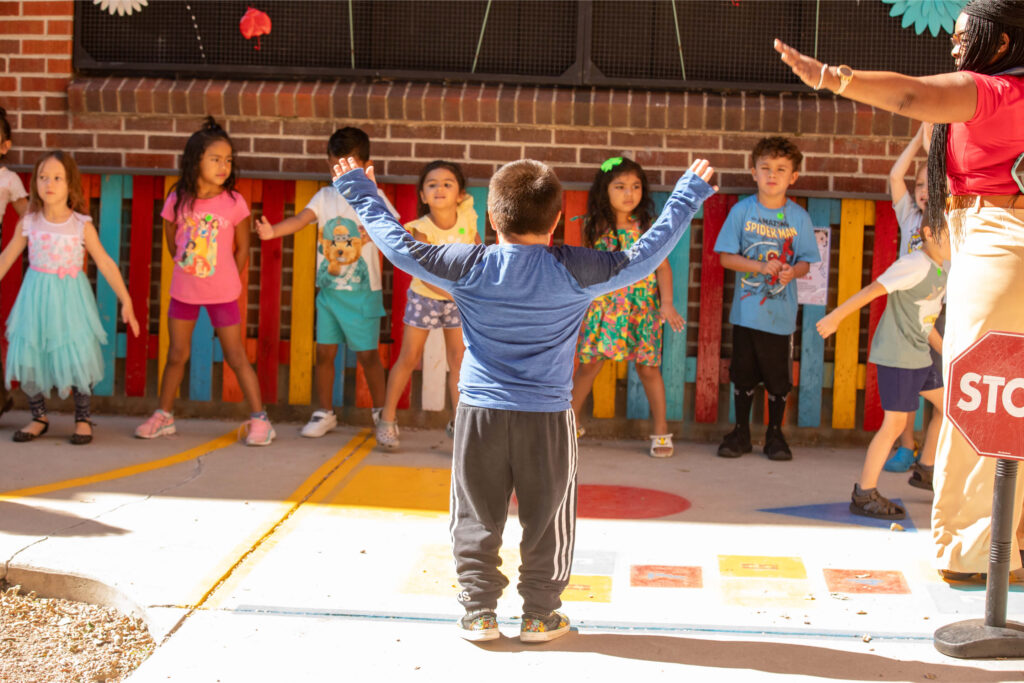
2016-2022
Innovation, Legislation, and Addressing Community Needs
To meet the evolving needs of the Denver community, Denver Preschool Program addresses gaps in the current early childhood education system with innovative funding, pilot programs, workforce support, and legislative advocacy.
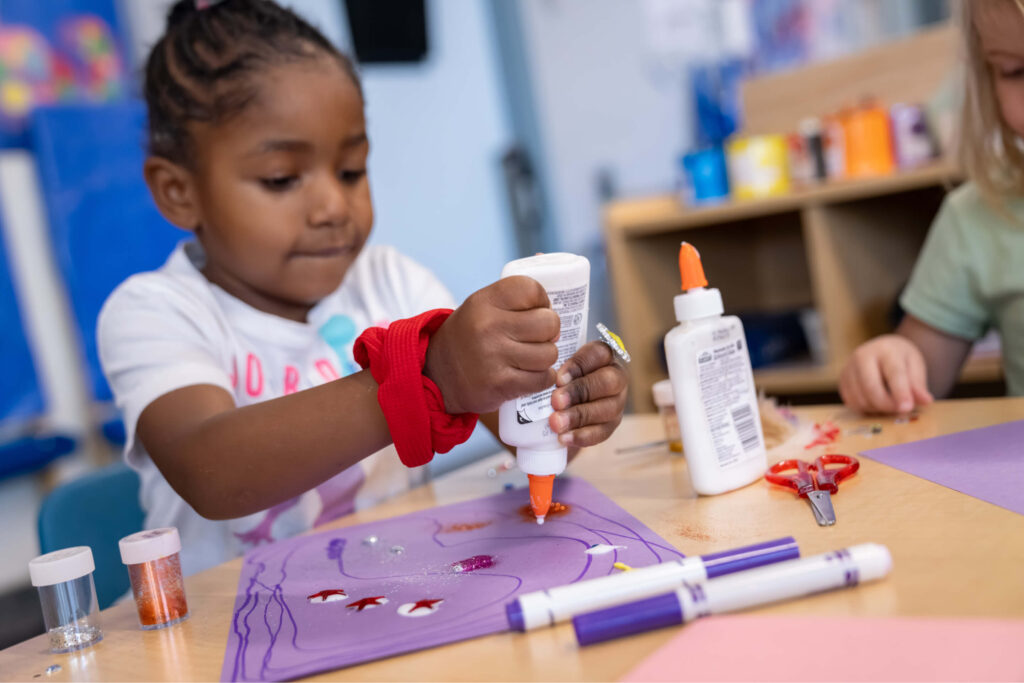
2022 and Beyond
Thinking Differently and Leading Confidently
With the expansion of tuition credits to 3-year olds, the success of pilot programs, and the start of Colorado Universal Preschool, Denver Preschool Program is poised for an exciting shift in the prioritization of quality early childhood education.
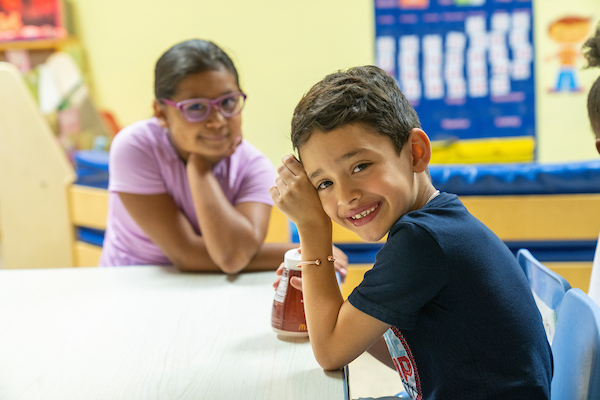
Interested in Learning More?
Denver Preschool Program has evolved from an innovative concept to a national model for a locally funded, high-quality early childhood education initiative. We gladly share best practices and what we have learned with other communities hoping to start similar programs.
- Denver Preschool Program Full Story Read Our Story
- Please reach out for more information Contact

